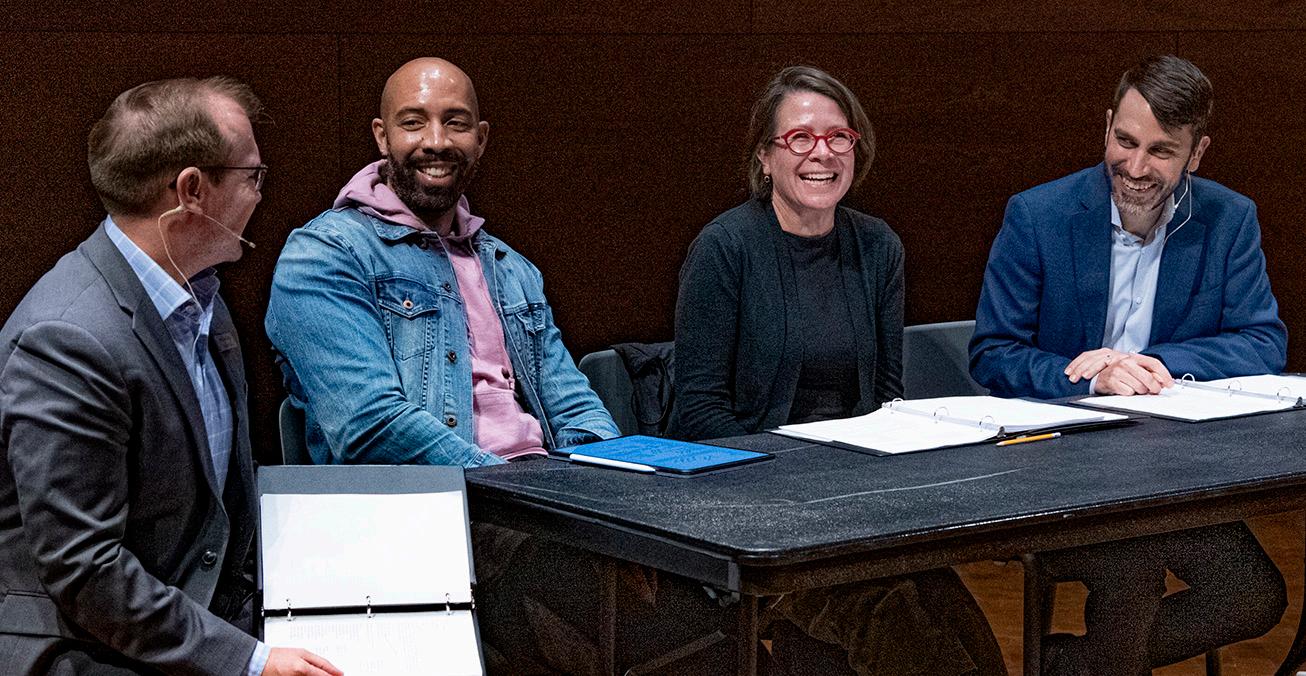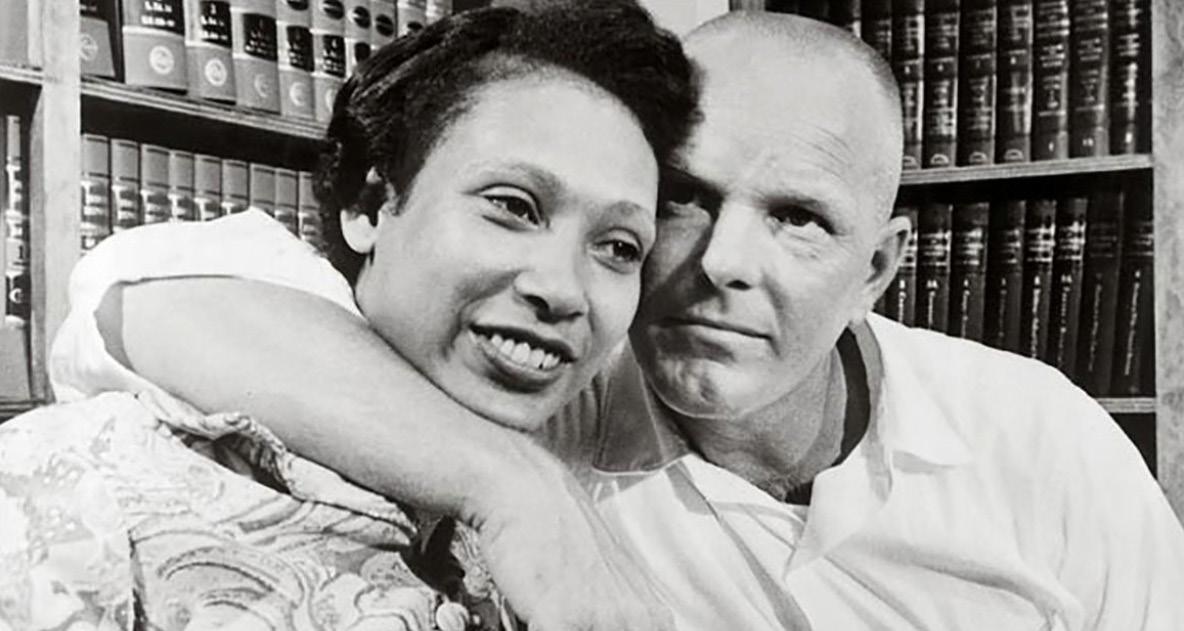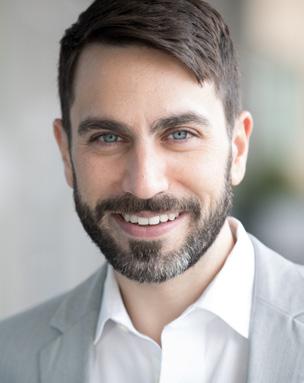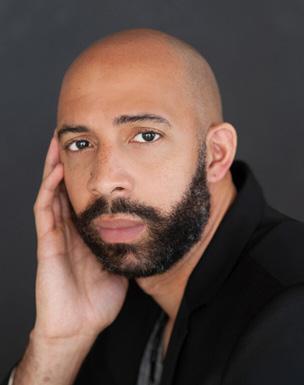
4 minute read
COMMISSIONING CLUB
from Commissiong Club
by rvasymphony
Commissioning Club
Have you ever wanted to experience the creation of something brand new, from the ground up, and be a part of the impact it has on others? It is beyond exciting. The Loving v. Virginia Commissioning Club takes you on a journey over the three-year course of this project from concept through transformation into a fully orchestrated opera with a World Premiere Tour right here in Virginia in Spring 2025. Members are not only part of a journey, but help create a new work that will forever be a part of the global operatic repertoire.
Advertisement
Virginia Opera and the Richmond Symphony are seeking the creatively curious to join in the fun and to fund this work. Investors in Loving v. Virginia will have the opportunity to be an active participant in the creative process, hearing from the composer, the librettist, getting the inside scoop on progress and the behind-the-scenes experience of commissioning a brand new opera.
Members of the Commissioning Club will enjoy exclusive benefits:
• Access to the project as it evolves;
• Interaction with the creative minds engaged in the process; and
• Gain a deeper understanding of both the story of Loving v. Virginia and the immense commitment we share for telling important stories.
Commissioning Club memberships can be fulfilled over three years, or with a single installment. A complete listing of available levels and benefits are included in the packet.
Join Virginia Opera and the Richmond Symphony on this epic journey. By 2025 you will have watched an initial idea manifest into a live performance, and you might even recall that one note the composer changed at the end of Act 1.

The Loving Story
Loving v. Virginia was a Supreme Court case that overturned the conviction of Mildred and Richard Loving in 1967. Mildred Jeter and Richard Loving exchanged wedding vows in 1958 in Washington, D.C. where interracial marriage was legal. Upon returning to Virginia, and only weeks after their marriage, they were arrested and indicted on charges of violating Virginia’s Racial Integrity Act of 1924. Under this anti-miscegenation law, their union was deemed a felony. This led to a one-year prison sentence in Caroline County, Virginia, which would only be suspended under the condition they leave Virginia and not return together for 25 years.

The Lovings reluctantly relocated to Washington, D.C. Seeking assistance in their case, Mildred wrote to then Attorney General Robert F. Kennedy who referred her to the American Civil Liberties Union. With the assistance of the ACLU, the legal battle began in 1963 when they filed a motion in Caroline County, Virginia to vacate their conviction. That motion was refused as was the subsequent motion to the Virginia Supreme Court of Appeals. Following one final appeal, the case landed with the United States Supreme Court in 1967. On June 12, 1967, the Supreme Court issued a unanimous opinion where justices found that Virginia’s Interracial Integrity Act violated the 14th Amendment of the United States Constitution.
This landmark ruling is considered a major moment for Civil Rights in the United States and is widely considered the beginning of the dismantling of “Jim Crow” race laws. Centuries of American laws banned miscegenation – the marriage or interbreeding among people considered to be of different races – and used these laws to promote and enforce segregation. Loving v. Virginia began the slow process of dismantling these laws while also providing the foundation for future cases addressing equality, specifically Obergefell v. Hodges which legalized same-sex marriage in 2015. Loving v. Virginia is a monumental moment in the history of racial equality in the United States, yet it has a very humble beginning in the town of Central Point in Caroline County, Virginia where Mildred and Richard lived. Spring of 2025, Virginia Opera and the Richmond Symphony bring this important story to life with a newly commissioned opera.
COMMISSIONING CLUB LEVELS & BENEFITS
Damien Geter Composer
As a native Virginian, the historical significance of Loving v. Virginia has remained with me since I was a teenager, but I’m finding there are many who are unfamiliar with this landmark case. Coming back home to Virginia and collaborating with Virginia Opera (the company where I first experienced opera) and working with Jessica Murphy Moo to tell the story of Mildred and Richard Loving is important not only for the sake of honoring their legacy, but also for ensuring the future of the art form.
Jessica Murphy Moo Librettist
Mildred and Richard Loving made my own family possible. What an honor and responsibility it is to be part of a team telling their story. Think for a moment about what they achieved—they were only two people and yet they stood up to legalized racism and enacted lasting change. Their story is an inspiration. And it’s also an opera! The vision they were working toward— equality, home, love—these subjects are part of opera’s vast terrain. I know that composer Damien Geter’s music will make us all feel—in new ways—the weight and importance of the Lovings’ contribution to racial justice in America.
Adam Turner Artistic Director Of Virginia Opera

Deciding how best to celebrate VO’s 50th Anniversary of producing opera in the Commonwealth has been the subject of countless conversations for a number of years. Early on we recognized the importance of achieving at least one of two key goals. First, to feature a Virginia story. Second, to feature a Virginia composer. With composer and Virginia-native Damien Geter, and the powerful, courageous story of Loving v. Virginia, we are thrilled to have secured both goals!

Lead Sponsor
Virtuoso Sponsors
Bespoke and engaging sponsorship and partnership opportunities remain available to bring this remarkable story to the stage and the world.
For additional information on how to become a member or go to: https://www.lovingvvirginiaopera.com/


